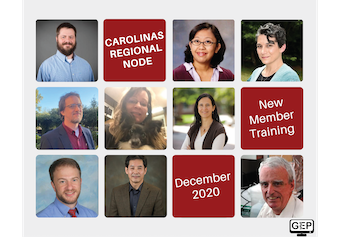
Carolinas New Member Training December 2020
“This could not have been more than what I needed” was the comment of Jeffrey French from North Greenville University

“This could not have been more than what I needed” was the comment of Jeffrey French from North Greenville University
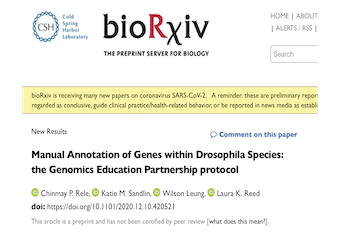
We’re excited to announce this preprint as it moves us one step closer to rolling out microPublications for the Pathways
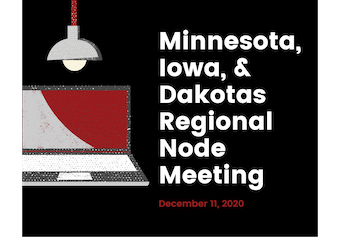
The GEP’s Minnesota, Iowa, and Dakotas Regional Node held a virtual Regional Node Meeting on December 11th, 2020. The meeting
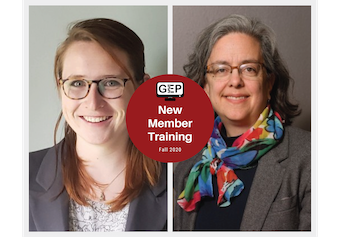
Please join us in welcoming our newest members to the GEP community: Dr. Ann Corsi, Associate Professor of Biology
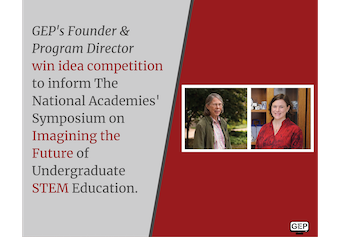
The following article was written by Erin Gerrity and it first appeared in the Biology Department News at Washington University
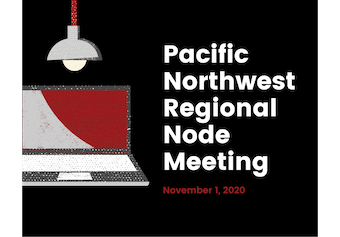
The GEP’s Pacific Northwest (PNW) Node, which currently has members from Oregon and Washington in the U.S. and from British
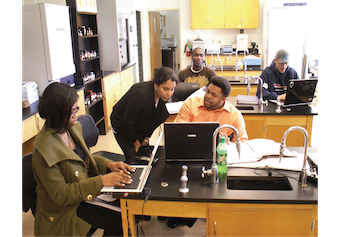
The following article was written by Sara Woelfel and it first appeared in Stritch Magazine (now Stritch News). We would
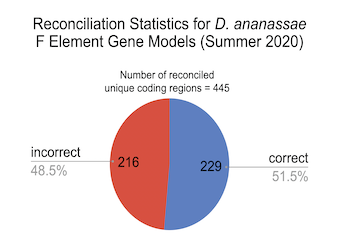
During summer 2020, four GEP Summer Fellows from Washington University in St. Louis (WUSTL) and one Summer Fellow from Saint
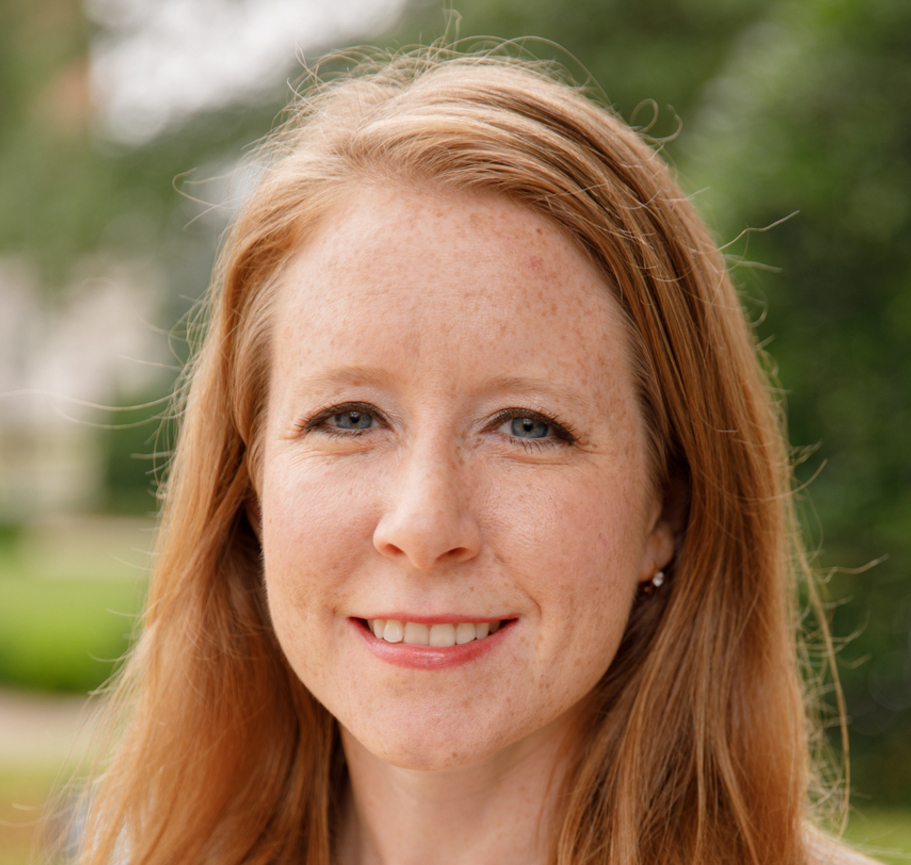
We’re happy to report that Amy Smith has been hired as GEP’s new Program Assistant. As a recent addition to